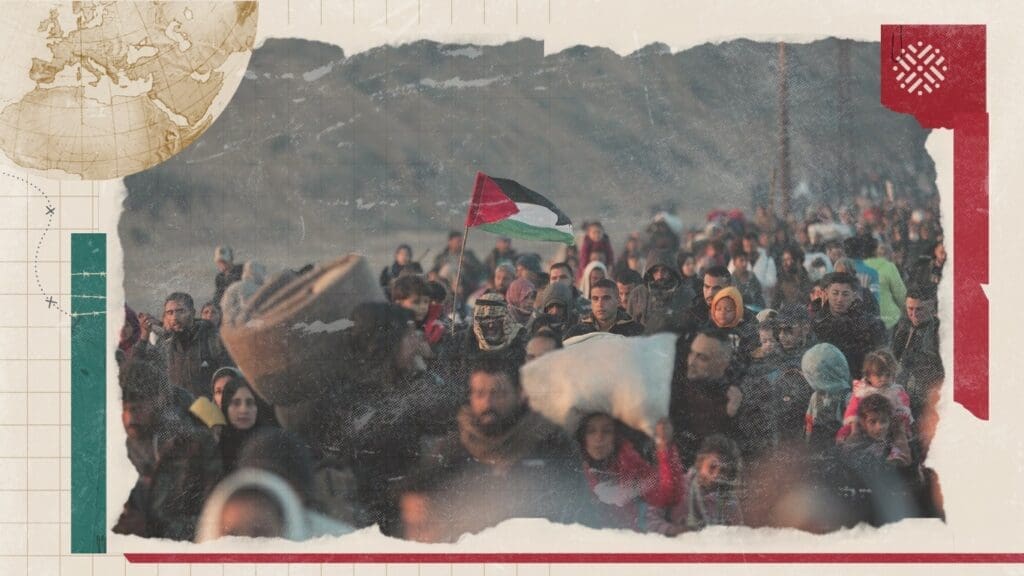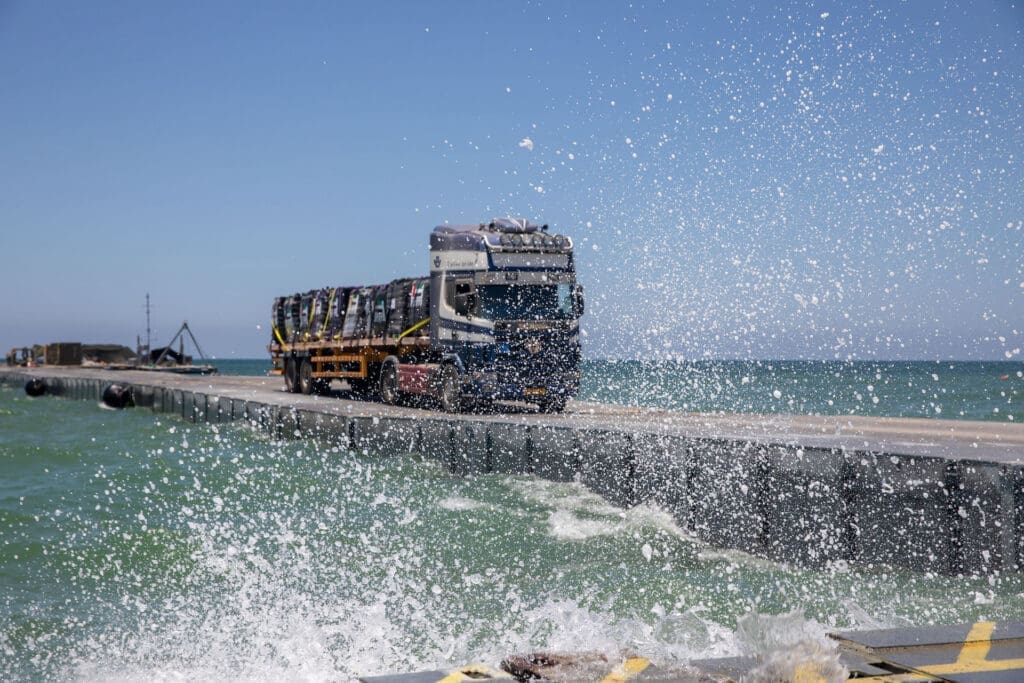Mohammed Al-Hafi is a Palestinian academic and researcher of international politics based in Gaza. He is the director of the Studies Unit at the Palestinian Department of Labor and Planning. He earned his PhD in political philosophy from Alexandria University in 2013 and has published numerous studies and research papers.
From this author
After more than a year and a half of Israel’s genocidal assault—marked by mass killings, devastation, and profound loss—even speaking of Gaza’s future, let alone its reconstruction, feels impossible. Indeed, the rebuilding of Gaza feels increasingly out of reach amid stalled negotiations, the collapse of the ceasefire agreement, and the relentless bombardment of people and place. Yet in the face of genocide and the looming threat of forced displacement, which the US administration is audaciously promoting as a fait accompli, there is an urgent need to cultivate a critical Palestinian political voice to reclaim Gaza’s future.
As non-Palestinian actors push to impose their vision of the “day after,” this commentary by Talal Abu Rokbeh, Mohammed Al-Hafi, and Alaa Tartir argues for centering a Palestinian vision rooted in unity and self-determination. They emphasize that political reconstruction, not just physical rebuilding, is essential for collective survival and national liberation.



On May 17, 2024, the US began operating a temporary floating pier off the coast of Gaza. Since the project’s announcement, many have expressed skepticism towards the pier’s effectiveness and deep concern regarding the US’s long-term plans and the pier’s potential role in serving Israeli objectives.
This commentary examines the pier’s operations and unpacks the many incentives for its development by key geopolitical players. It positions the pier within Israel’s longer-term strategy for Palestine, using the structure as a window into understanding the regime’s broader regional aims. Temporary or not, this commentary contends that the pier must not be viewed as merely a short-term humanitarian effort, but also as a symbol of the US and Israel’s continued imperial and colonial endeavors.

Mohammed Al-Hafi· Jun 26, 2024











